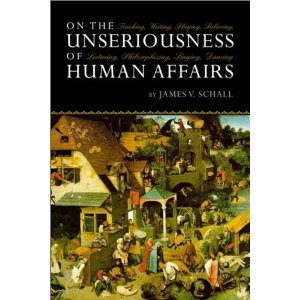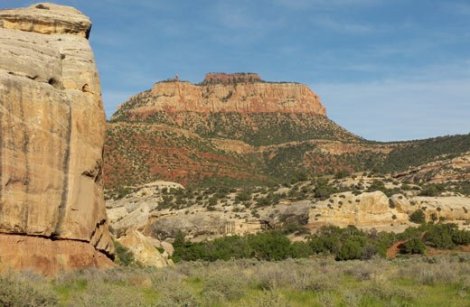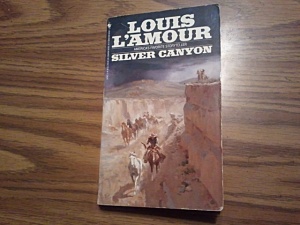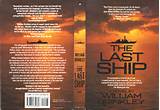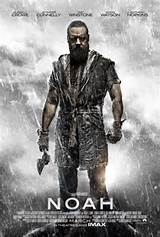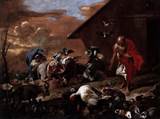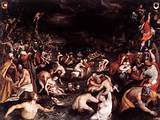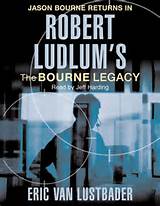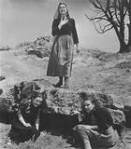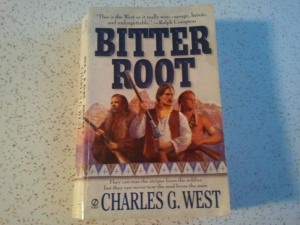A HAWAIIAN CHAIN TO MEMORY

One time I had a vision of a banana dipped in a creamy white sauce, lying on a bumpy green plate.
I conjured that vision because I had a short grocery list to remember, and no handy paper and pencil or voice recorder. My grocery list consisted of bananas, that good white queso sauce that you put on corn chips, broccoli (bumpy green stuff), and some lettuce (the green plate). At the grocery store I had no trouble remembering my mental list.
And all because of a rather helpful book.
_____________________________________________________________________
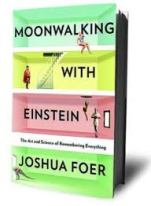
“CHAPTER 7: The End of Remembering: Once upon a time there was nothing to do with thoughts except remember them. There was no alphabet . . . no paper to set them down upon. Anything that had to be preserve3d had to be preserved in memory. Any story to be retold, and idea to be transmitted, any piece of information to be conveyed first had to be remembered . . . .”
So begins a very good chapter in this book I’m reading: Moonwalking With Einstein, a book which is not about Einstein and not at all about moonwalking. It’s a book about human memory, its uses, historically speaking; and its falling out-of-use in recent times (oh, several centuries ago).
![]() Actually, our memory began failing with the invention of writing and more profoundly with our reliance upon books. That alone should earn this post a small alarm, very small because losing our ability to memorize ordinary things will have long-term consequences for humanity, but as all long-term considerations, this is easily put off as non-important to the present day.
Actually, our memory began failing with the invention of writing and more profoundly with our reliance upon books. That alone should earn this post a small alarm, very small because losing our ability to memorize ordinary things will have long-term consequences for humanity, but as all long-term considerations, this is easily put off as non-important to the present day.
“One more Mountain Dew” — and see? Nothing happens. One more cigarette — and see? Nothing happened. One more speedy trip to downtown — nothing happened, no speeding ticket, no accident. One more good intention put off — nothing perceptible happens.
But deep down we know something is happening, even though we are not compelled to take care of it right away. It’s this “something” that is happening to our minds something that we should want to examine. After all, if we don’t know things, anyone can tell us anything about everything.
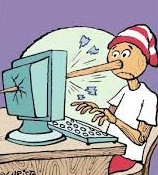
Is it okay to have poorer memories than our predecessors did?
At the very least it’s annoying at times!
My ongoing pain built up a little this morning, so I took some anti-pain stuff and laid back down in my reading chair for a while, reading more into this book. Then I had one of those many random intrusive thoughts you get while reading. This time it was “I keep hearing about manuka honey; maybe I ought to get some and try out its healing properties.” Amazon is only one room and a couple short clicks away, by computer.
But I’m supposed to be resting, and it still hurts.
But I’ll forget.

So I used one of the techniques in this book, remembering a list of what to do using visual images: I created a question mark in my mind. Does Amazon even sell manuka honey? How do you spell it, by the way? Is it expensive? How long before my body will let me get up and move around?
So I created a visual chain of question marks, connected together, from me to the computer. The chain was dripping with thick golden honey.
What kind of honey? Would I forget that? So I created a visual image of my college housemate from Hawaii who had come to us in the Far Far North, and not yet realizing our cultural differences. Her speech was a blend of English and Hawaiian words and Hawaiian expectations. (Snow was NOT what she expected it to be!)

One morning as we were all getting ready to go out to our various duties, she came running down the hallway, yelling in distress: “I found a puka! I found a puka! Someone help!”
We didn’t know whether to run to her aid or run out of the house in fright. What is a puka?!
Well, a puka is a hole, like seeing that Hawaiian scene through a puka in the rock. She had found a hole in her skirt, right where it showed, and it caused her appropriate distress. Some places you just don’t want a puka. Some are okay.
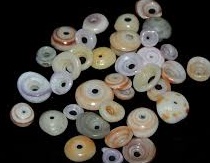
Manuka – puka. See the connection? For good measure, I threw in a neatly folded pretty blue muu muu on my computer chair so I would remember to look for this Hawaiian honey.
For the next hour I could hardly wait to get up out of my chair and look for this honey!
Honey is not important to you today. Buying something on Amazon is probably not important. Me? Not really . . . But I hope I’ve illustrated for you one of the most fun and efficacious ways of remembering things.
Associate each word you want to remember with some visual image. It’s the way our mind works. The more visual images and other cues you can attach to something, the more “hooks” your mind can grasp onto to retrieve that memory.
It’s that easy. At least one aspect of memory is that easy.
(There are more. I’ll have to reread parts of this book and take notes.)
Hah!
.

Hawaiian hiking spot to find that scene in a puka.
.
